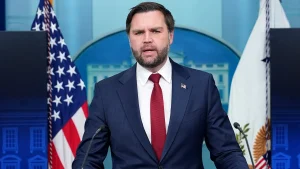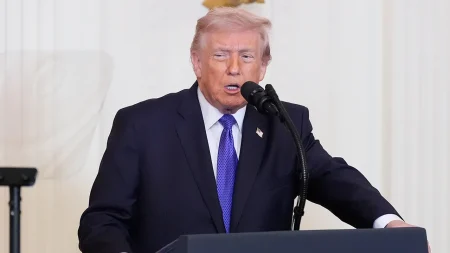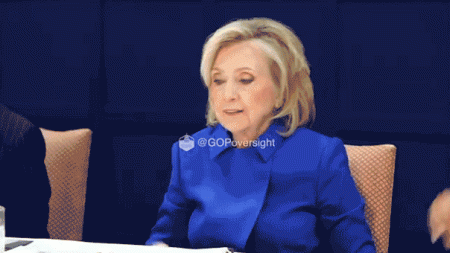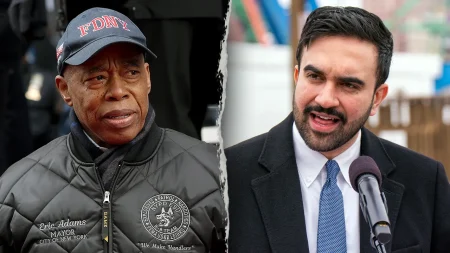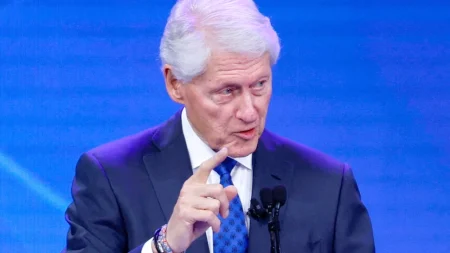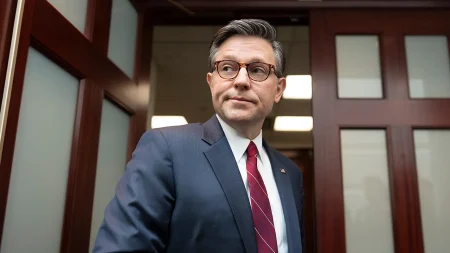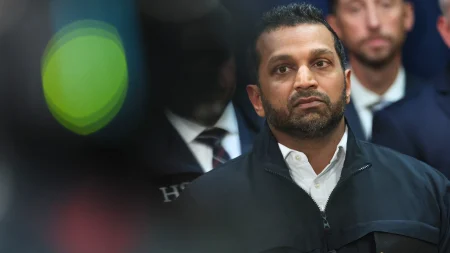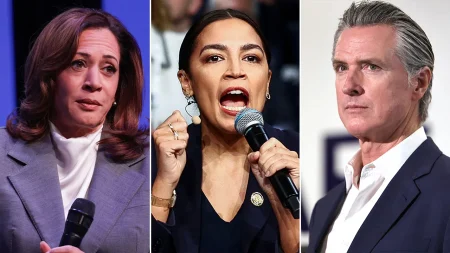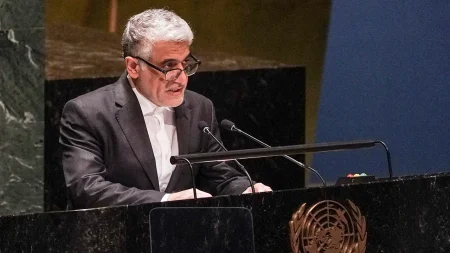Michelle Obama Reflects on Gender Barriers in American Politics
In a candid discussion at the Brooklyn Academy of Music while promoting her new book “The Look,” former First Lady Michelle Obama shared her thoughts on why America still struggles to elect a woman to the highest office. Speaking to the election outcome where Vice President Kamala Harris lost to President Donald Trump, Obama expressed her belief that the country isn’t yet prepared for female leadership at the presidential level.
“As we saw in this past election, sadly, we ain’t ready,” Obama told the audience of women gathered at the event. With characteristic directness, she addressed speculation about her own political ambitions, saying, “That’s why I’m like, don’t even look at me about running, because you all are lying. You’re not ready for a woman. You are not.” Her comments reflect a sobering assessment of gender politics in America, suggesting that despite progress in many areas, the presidency remains an elusive goal for women in politics. Obama didn’t mince words about what she perceives as a persistent discomfort among many American men with female leadership, noting, “We’ve got a lot of growing up to do, and there’s still, sadly, a lot of men who do not feel like they can be led by a woman, and we saw it.” These observations come from someone who had a front-row seat to presidential politics for eight years and has consistently been named among America’s most admired women.
The former First Lady’s new book, “The Look,” released on November 4th, explores her personal journey with fashion, hair, and beauty, particularly during her time in the White House as the first Black woman to serve as First Lady. The book represents her effort to reclaim her narrative around appearance and presentation – aspects of her public life that were constantly scrutinized during her husband’s presidency. Obama writes about how women in politics face disproportionate judgment based on physical appearance rather than leadership capabilities, a phenomenon that affected her own experience in the public eye. “During our family’s time in the White House, the way I looked was constantly being dissected — what I wore, how my hair was styled. For a while now, I’ve been wanting to reclaim more of that story, to share it in my own way,” she explained in a Facebook post earlier this year.
Obama’s decision to write about appearance and identity reflects her current comfort with self-expression after years in the spotlight. “I’m thankful to be at a stage in life where I feel comfortable expressing myself freely — wearing what I love and doing what feels true to me. And I’m excited to share some of what I’ve learned along the way,” she noted in her June promotion of the book. Her comments at the Brooklyn event connect these personal reflections to broader social and political realities facing women in leadership positions. The intersection of appearance, identity, and political viability for women remains complicated territory, as evidenced by the scrutiny faced by female candidates at all levels of government.
The former First Lady emphasized that “The Look” transcends simple fashion commentary, describing it as an exploration of “confidence,” “identity,” and “the power of authenticity.” Her hope, she stated, is that the book will “spark conversation and reflection about the ways we see ourselves — and the way our society defines beauty.” These themes resonate beyond personal style choices, touching on how appearance expectations influence perceptions of leadership potential, particularly for women and people of color in public life. Obama’s commentary points to a persistent double standard where women’s competence and capability are often evaluated through the lens of their appearance in ways that men’s are not.
Obama’s frank assessment of America’s readiness for female presidential leadership comes at a significant moment of reflection for many Americans about gender barriers in politics. Her comments acknowledge the disappointment felt by many who had hoped to see the first woman elected president while challenging the notion that such a milestone is imminent. By connecting her personal experiences with broader social patterns, Obama continues her post-White House role as a cultural commentator who doesn’t shy away from difficult truths. Her perspective offers both a critique of current limitations and an implicit challenge to Americans to examine their own biases and assumptions about leadership. As she navigates her unique position as a former First Lady with unparalleled popularity, Obama’s voice remains influential in ongoing conversations about representation, identity, and the future of American leadership.
